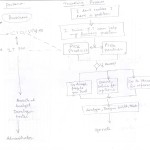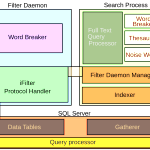The Essential Data Science Skills you need
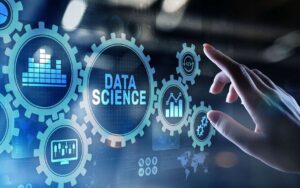
Data Scientists are known for having a knack for statistics, data analysis, etc. to understand and obtain insights from a given dataset, usually quite enormous in quantity. If you don’t think you have this skill set, but the career appeals to you, you can always take a course like a springboard data science which will help you to develop them and become employable in the field. Here are some fundamentally important data science skills that are necessary for a Data Scientist. This list is not a conclusive one, as it only provides a general review of essential skills that a data scientist needs:
Passion for Problem Solving
Problem-solving skills Data Scientists are critical in solving their day-to-day business problems. As a data scientist, you’ll be performing in-depth analysis of data with the knowledge of the relevant industry you’re working in. Business problems must be solved systematically, in a way that is critical for the business. Data Scientists also invent improved ways of how the business should use its data for better decision-making. It is important to know what business problems your company is trying to solve, as well as practical strategies to solve them.
Programming
Familiarity with at least one programming language. It’s the most fundamental of a data scientist’s skill set. Problems for a Data scientist are much more practical than theoretical. It is also nice to have a fundamental knowledge of algorithms and data structures for writing efficient code. Knowledge of an open source statistical computing package software such as a statistical package like R would help you with this. Python is also a popular choice among companies looking for data scientists. Also, anyone wanting to get into data science needs to learn about databases. Without learning tools like Hadoop & SQL, you won’t be able to do much.
Ability to Communicate Solutions To Problems
This skill complements your technical skills in communicating the solution to the decision-makers in a concise, effective manner. For this to happen, it is necessary to have good communication skills. Possessing good soft skills will help you in presenting your critical observations, as well as it will make your presentation impressive enough to convince the management. Good interpersonal skills are required to communicate all around within the organization hierarchy, including the non-technical staff e.g. Marketing & Sales departments. It is often branded as storytelling because it simplifies all the complexities to communicate insights in a clear, comprehensive manner for others to act on the instructions.
Knowledge of Statistics/Mathematics
Most of the hard work is done by software, but it only makes sense if a data scientist can choose which statistical test to run when and what insights to gather from the results. To be a data scientist, one has to think like a researcher while dealing with your company’s data. Most of the interpretations will be done of data, and you will be expected to implement a solution that will improve the decision-making of the business. For this, you’ll need to have mastered the basics of descriptive and inferential statistics. It is also important to have strong analytical skills by learning about multivariable calculus, Linear algebra, etc. Knowledge of theory & models along with the methodologies helps in deciding how & where to apply them. They form the foundation of most of the data analysis techniques.
Visualization
Most of the results gathered from the analysis do not allow visualization. As a data scientist, You will be needing a good graph while presenting your point across the table effectively. There are various visualization tools and techniques available with R packages like ggplot.
Thinking like a data scientist
It is important for you to have a data-driven approach. By thinking as a data scientist, we mean having a mindset that forces you to look for solutions that previously did not exist. As a data scientist, you will be having firsthand experience in looking at the problem at hand and figuring out solutions using data. You will be dealing with real-life business problems & performing analysis solely based on data.


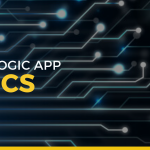
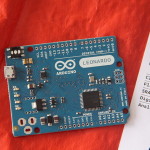
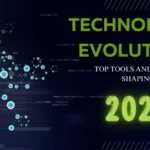
![BizTalk Blog: Understanding the Messaging Architecture of Biztalk [Part II]](https://alliedc.com/wp-content/uploads/2015/12/download-150x150.jpg)
